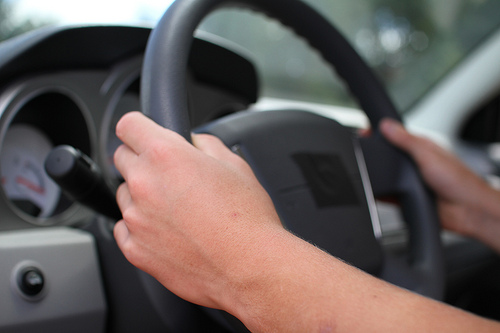I had an inquiry recently from a mother: Her son, 17, has been driving for nine months, has done well, has had a fair amount of supervised experience with highway driving, but has not driven more than an hour alone. She asked whether she should allow her son to drive solo from central Connecticut to Cape Cod, about a three hour drive. She was conflicted. Her husband asked how their son will gain valuable experience with a longer drive without taking a trip like this.
First, this question gets to the heart of a key teen driving issue, which is when parents can reasonably and safely give a teen permission for a longer drive, based on more experience behind the wheel.
It goes without saying that every teen is different and each family needs to carefully evaluate, but let me suggest a few factors to consider. The first is the length of the proposed trip in comparison to prior experience. For a teen who has never driven more than an hour solo, a three hour trip is big leap. Fatigue could easily set in. And so, a second factor is whether the teen is likely to be well rested in making this drive.
A third factor is whether the route is or may be congested. I suggested to this mother that driving on Cape Cod in August is a challenge for the most experienced driver. A drive on lightly traveled roads might be a different proposition.
The next factor, an important one, is whether the teen will be driving a route that he or she is familiar with. As readers of this blog know, I don’t recommend that a teen use a GPS to navigate a new road or route in any circumstances, but especially on a solo drive in a congested area. If the teen is very familiar with the route to be driven, that is a plus. I would not recommend permission for an unfamiliar route or one where the teen will rely on a GPS for directions and turns.
The last factor is judging the teen’s experience, and it is here that parents need to be most cautious. In this case, the mother was wondering, basically, whether nine months of crash free and responsible driving were enough for her and her husband to grant permission for this drive. My answer is no. Recall that my son died after driving crash-free for eleven months, so this is based on personal experience in part. But the point is that even a teen with nine months on the road is still beginner. A 17 year old’s brain is not anywhere near fully developed, and parents should not lose sight of this. At 17, teens don’t fully recognize danger and risk, no matter how many hours they have behind the wheel. So, the message here is to not let months of crash-free driving create a false sense of security. The conventional wisdom is that it takes three to five years for teens to become relatively safe drivers, so giving permission for a long drive in congested territory on possibly unfamiliar roads should not be given to a teen with less than one year’s experience.
As with so much of advice about safe teen driving, this is a tough answer — but a safer one.
Photo by State Farm 

